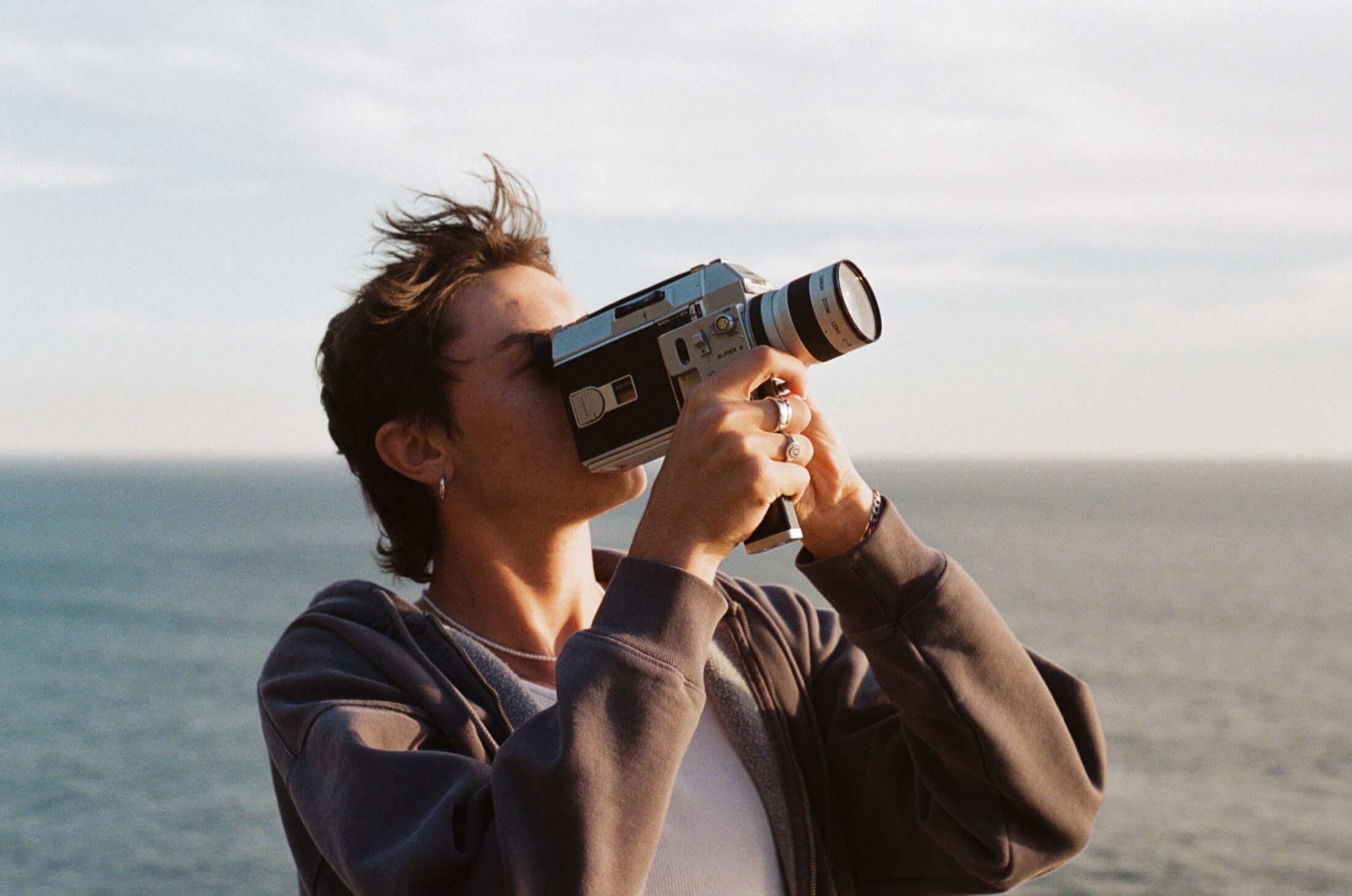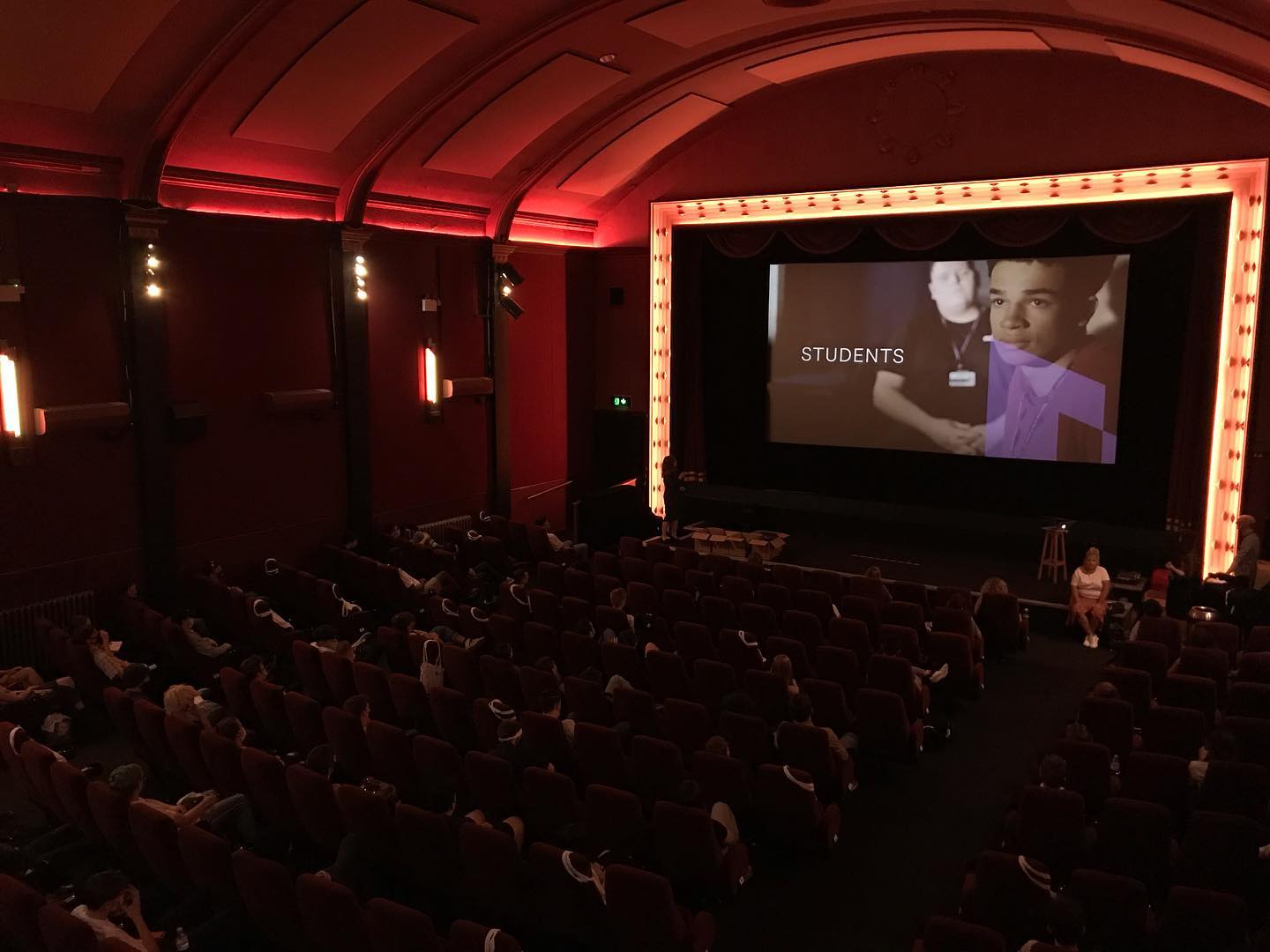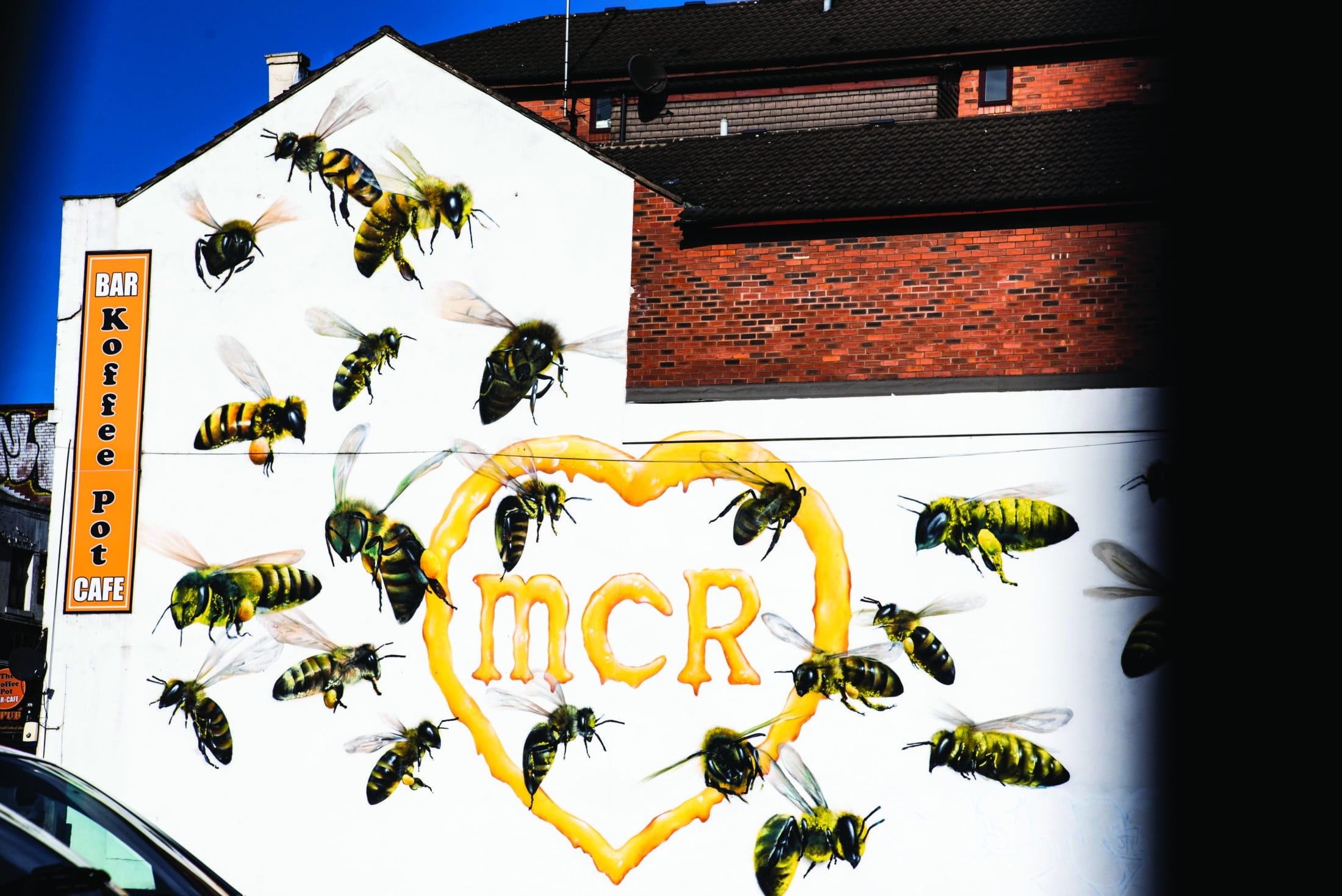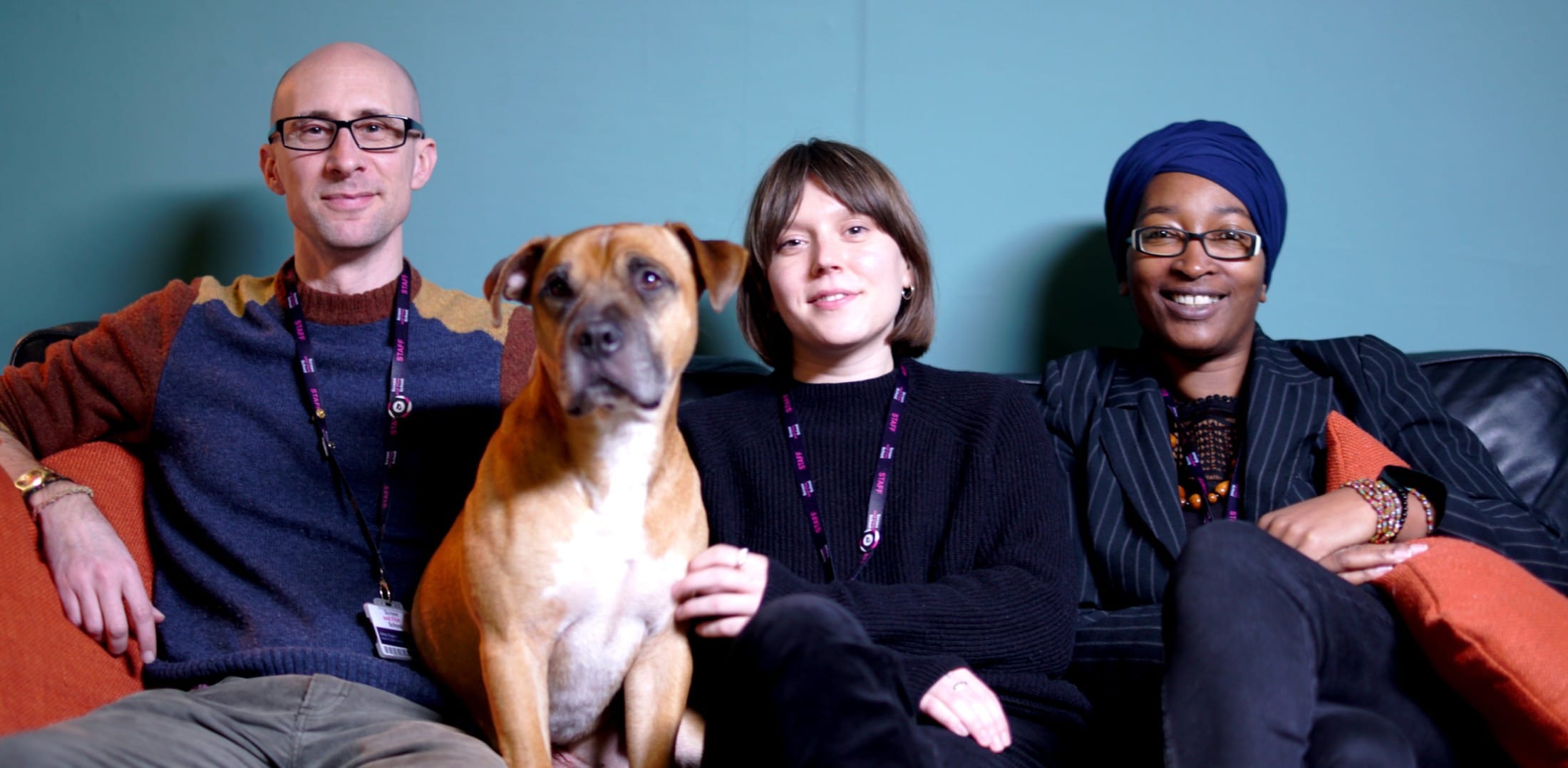When we asked our second-year students what film areas they were most excited to learn about or experience that they may not hear about in lectures, the resounding response was: Super 8 cameras.
Fortunately for everyone at Screen and Film School Birmingham, we recently welcomed Super 8 expert and one of the organisers of Straight 8, to Digbeth. Straight 8 is a one-of-a-kind film competition, all shot on Super 8 film, with zero editing involved. Alex himself has vast experience with this tech and has also worked as director of video content for a range of organisations for over a decade.
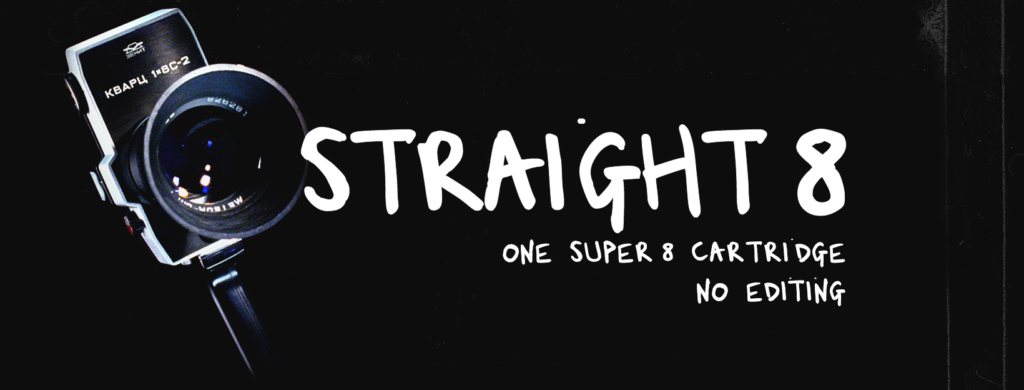
A 1970s revelation, Super 8 kit was built to last and transformed the home movie making experience. Adding character and a unique aesthetic to film productions, the reels are short, you film and edit simultaneously on the spot, so it’s crucial to be selective in your narrative choices, ensuring there is no filler in the finished piece. An excellent discipline to master if you find it tough to streamline your vision, which is a vital tool for our filmmaking students.
In the lead up to the masterclass we hired out four Super 8 cameras, which are available to all students, whilst a further four are heading north to Screen and Film School Manchester. This will culminate in five groups of our students’ entering films into this year’s Straight 8 competition and excitingly for us all, they could go on to be screened in London and Cannes.
But before all of that, Alex took part in a masterclass on how to get the most out of these vintage gems, with 8 Super 8 tips.
1 – Idea
It does what it says on the tin and there’s a reason why it’s number one. From the thousands of Super 8 films that I’ve seen during my involvement with Straight 8, the most important part to nail is the idea. People often say to us that they don’t know where to find a camera and wouldn’t know how to use it even if they had one. But the truth is most people simply don’t have an idea ready.
It doesn’t need to be complicated, or a narrative piece, but it absolutely could be comedy or horror. Both genres lend themselves beautifully to the format, as sketches and scenes can be concise and to the point.
Crucially, it’s important to make the film that you want to make. We often get asked if we’re looking for a certain type of film, but our only advice is to think about how the audience will feel as they sit in a packed-out cinema in Cannes or London; you have 3 minutes of silver screen time to engage and connect with them.

2 – Don’t be afraid
Super 8 – and particularly the Straight 8 competition – can feel like a very scary way to shoot. Each shot only gets one take, with no chance to trim or edit, and no opportunity to watch anything back. That may sound daunting, but it can actually be truly liberating.
These cameras are basically the smart phones of their time. Almost all of them have auto-exposure – so use it.
Super 8 also has a good amount of depth-of-field, so if you keep to a fairly wide angle in decent light, you’ll probably be fine. Use any fear you might have to your advantage. Do that extra rehearsal with the actors, double-check your props and set. Make sure you’re happy before you press that trigger.
And if it does all go wrong then…
3 – Embrace mistakes
At Straight 8, we love a happy accident. Plan, plan, plan, and be prepared to tear it all up after something goes wrong on your first shot. Sometimes the bits that you didn’t expect to be in your film are the bits you look back on most fondly.
4 – The academic bits: finding a camera and film
Firstly, just ask around. You probably know someone with a Super 8 camera, and if so, they probably know how to use it and are desperate for an excuse to go shoot something. Everybody wins.
If you simply can’t find one, you may be surprised at how often they pop up online. There are a few places to buy one where they have been tested and come with a warranty, or you can hire one that you know works (including directly from us!). If you only do one thing, ensure it has a working motor – I can’t emphasise that enough.
Go to straight8.net/cameras for the lowdown – including models to look out for.
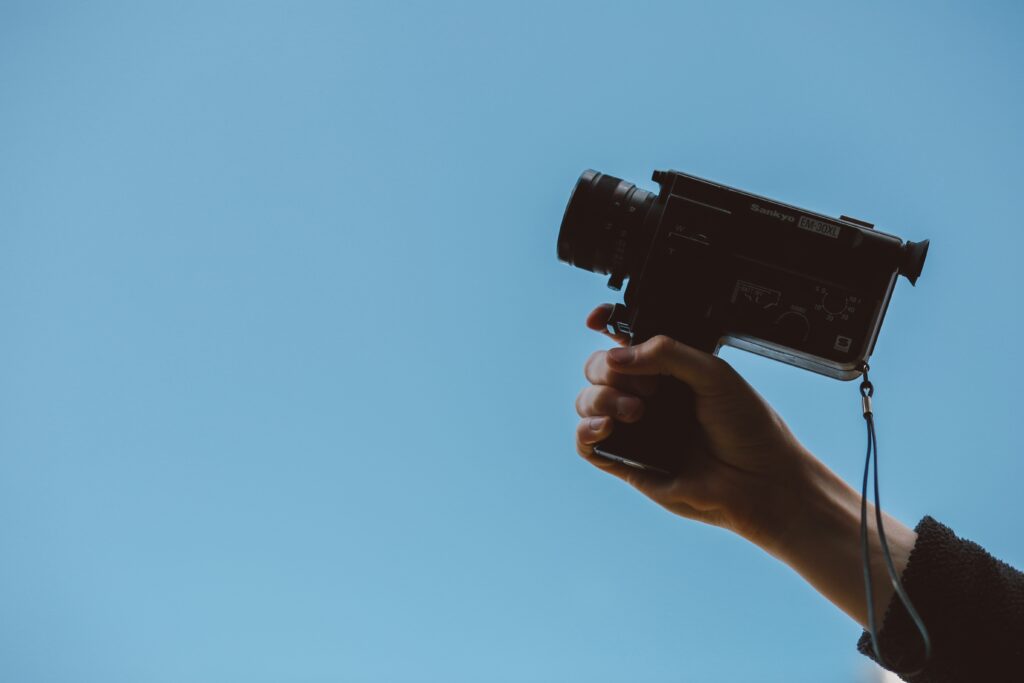
5 – Timing
Super 8 started out as an amateur home movie format, so to get a little extra runtime from the celluloid, the cameras typically ran at 18fps instead of the usual cinema standard of 24fps. We do the same for Straight 8. At 18fps, a Super 8 cartridge lasts for about 3 minutes 15 seconds, but plan to wrap up your Straight 8 after three minutes, or three mins ten seconds, at a push.
6 – Don’t think about the sync
Most Super 8 cameras don’t run at exactly the speed they say they do. You may have set 18fps but the camera will vary by a couple of frames. This will wreak havoc with your crucially timed, synced sound set piece. So, it’s safer to stick to voiceover, music, and soundscape, where the mood can progress as the film does, and you don’t have your big explosion denouement spoilt by an intrusive bang five seconds earlier.
7 – Special effects
There is no post-production with Straight 8; all the grade and VFX must be done in-camera. This is actually really good fun. Whether it’s a clever grade change courtesy of a retro Cokin Tobacco Filter, or a full-blown ghost dancing in a bar, there’s usually a great practical way to achieve every effect. It’s advisable to not just stick effects in for the sake of it, but if you find there’s a point in your film where you could get creative with how you tell your story, then take some inspiration from the old Hollywood classics and do it for real.
8 – Have fun
Last but certainly not least – always have fun. When we see a Straight 8 film, we can always tell if the filmmakers had fun shooting it. No matter how serious your subject matter is, at the end of the day it’s just moviemaking, not lifesaving surgery, so have a laugh, take a risk and enjoy the process.
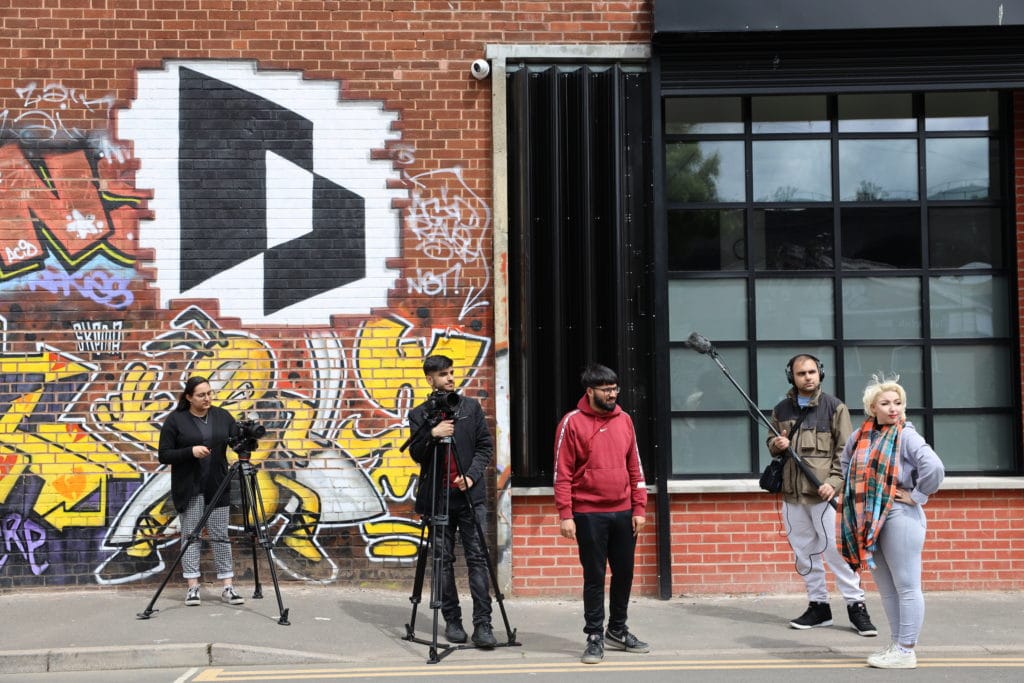
On that uplifting note, Alex’s 8 Super 8 tips came to an end. Thanks to Alex for taking the time to share his knowledge on this retro kit with our students and we look forward to seeing the results of their efforts and we’re excited to see if any of their films make it to London and Cannes.
Are you interested in being a part of the new legacy at Screen and Film School Birmingham?
Sign up to one of our Open Days:
Find out more information on our courses by clicking below:
